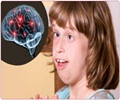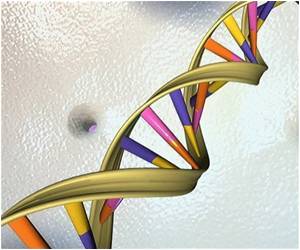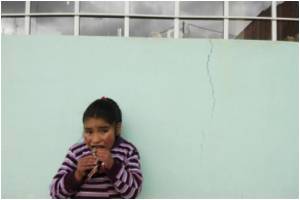Scientists say that autism impairs the development of motor skills in children.

Now, new research at Washington University School of Medicine in St. Louis points to autism as the culprit.
"From our results, it looks like motor impairments may be part of the autism diagnosis, rather than a trait genetically carried in the family," said lead author Claudia List Hilton, PhD, assistant professor in occupational therapy and an instructor in psychiatry.
"That suggests that motor impairments are a core characteristic of the diagnosis," Hilton noted.
The researchers studied 144 children from 67 families in which at least one child had a diagnosis of autism spectrum disorder as well as at least one biological sibling in the same age group. Of the children families, there were 29 in which two had an autism spectrum disorder, including six identical twins; and 48 in which only one child had an autism spectrum disorder.
The children were observed performing a range of motor skills, including placing pegs in a pegboard, cutting with scissors, copying forms, imitating movements, running, throwing a ball and doing push-ups.
Advertisement
Hilton, along with co-author John Constantino, MD, and their team also studied the link between motor impairment and the severity of the autism spectrum disorder.
Advertisement
In addition, identical twin pairs had very similar scores. Non-twin siblings who each had autism spectrum disorder also had similar scores. And siblings in which one child had an autism spectrum disorder and one didn't had very different scores.
"The data suggests that genes play a role in the motor impairments observed in those with autism spectrum disorder. This is further evidence that autism spectrum disorder is a largely genetic disorder," Hilton said.
Co-investigator Constantino, the Blanche F. Ittleson Professor of Psychiatry and Pediatrics and director of the William Greenleaf Eliot Division of Child and Adolescent Psychiatry at Washington University added, "It's possible that developmental processes in the brain which give rise to motor coordination and social responsiveness are shared by both systems."
"This could explain their association in autism and provide new ideas about intervention strategies to help affected children, such as innovative methods for promoting motor development," he suggested.
In addition, the study showed that the lower motor proficiency score in children with an autism spectrum disorder, the greater the degree of social impairment and severity of the disorder.
Their findings were reported in the journal Autism.
Source-ANI











